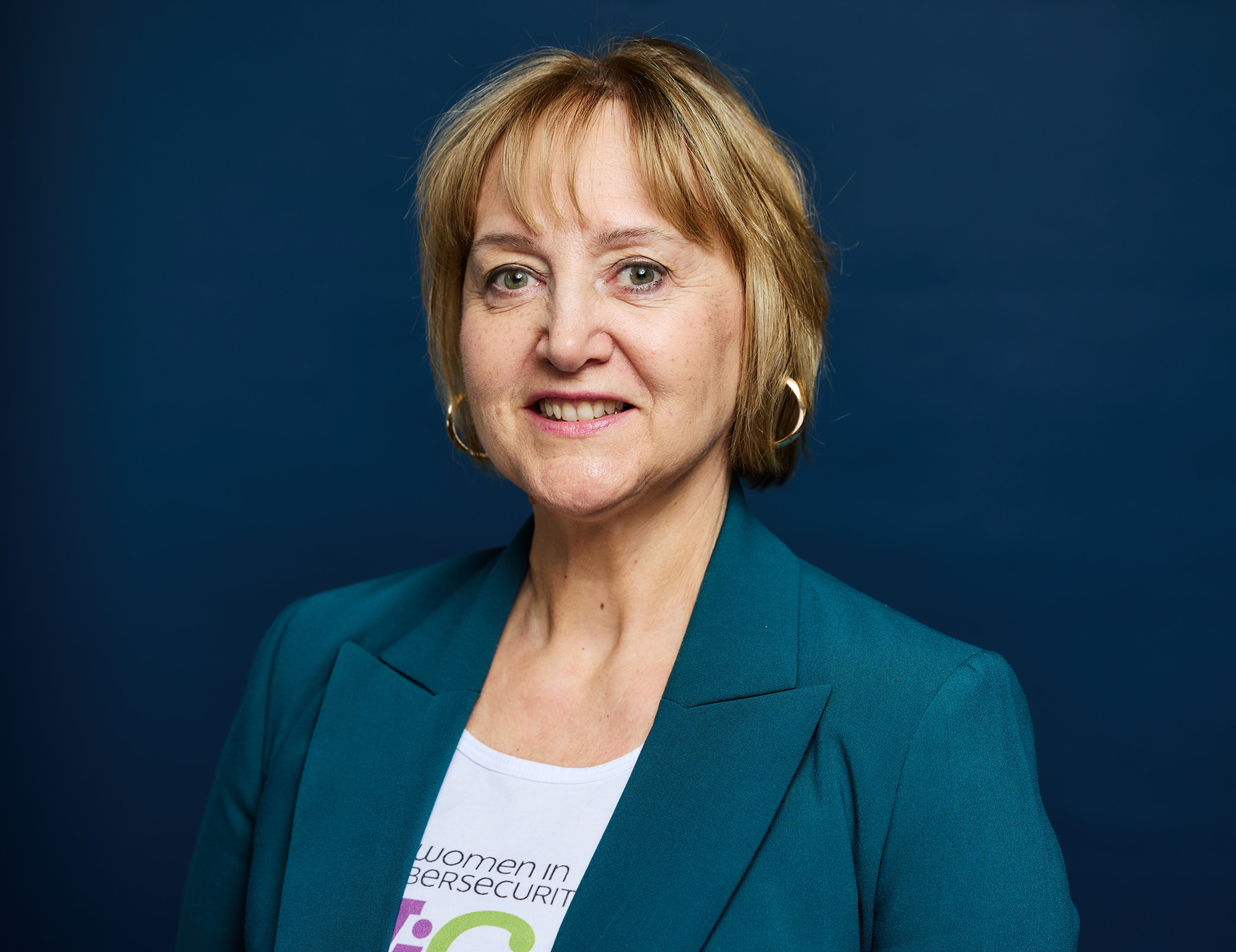Fellow: Associate Professor Elena Sitnikova
Focus: Cybersecurity Resilience & Critical Infrastructure Protection
Fellowship awarded: 2019
Importance to Australia. My research is vital to defend our nation's critical infrastructure from the potentially catastrophic destruction of essential services from what are now inevitable cyber-attacks, incidents, and disruptions.
Research overview: Cyber-Physical Systems Security - Protecting the systems and networks that control complex critical infrastructure from threats to their physical and computational components.
What inspired you to pursue this area of research?
Today everything in our society is interconnected digitally: our health systems have digital patient records and digital prescribing; our water and energy systems are controlled digitally; our vehicles contain data about everything we do as drivers; even our robot vacuum cleaners have cameras. This super-networking the Internet of Everything (IoE). Digital interconnectedness has revolutionised how we explore and use data from diverse sources, but this creates massive risks. The level of connectivity between control devices and machines increases the possibility of unpredictable, multi-system, catastrophic failures if even a single device connected to the network is compromised. Criminals are capable of physical attacks on infrastructure as well as digital attacks — such as using hardware backdoors to release malware and denial-of-service attacks or attack the processes targeting the human-in-the-loop.
I am an internationally recognised leader in research that focuses on how we protect our critical infrastructure. That is, our health, energy, food, government and defence systems, from attacks based on this connectivity. My expertise specifically concerns cyber-physical systems security; protecting the systems and networks that control this complex critical infrastructure from threats to their physical – Operational Technology (OT) and computational-Information Technology (IT) components.
I am inspired to conduct research in this area as it is vital to defend our nation's critical infrastructure from the potentially catastrophic destruction of essential services from what are now inevitable cyber-attacks, incidents, and disruptions.
How will your research contribute to Australian sovereign capabilities and defence innovation?
Defending critical systems poses special challenges. Many have been in place for decades, and include ‘legacy systems' operating with, and integrated with new IIoT devices, making these critical systems more vulnerable to attack.
Supervisory Control and Data Acquisition (SCADA) systems are used for controlling, monitoring, and analysing industrial devices and processes. SCADA systems include both software and hardware components and enable remote and on-site gathering of data from industrial equipment. SCADA engineers collaborate with IT personnel to devise and implement defensive cybersecurity strategies.
I have been working in this field of SCADA and cybersecurity for a long time. Then in 2018, the Australian Government introduced the Security of Critical Infrastructure Act 2018 (SOCI). The Act seeks to ensure the protection and built-in resilience of critical infrastructure assets and services across industry sectors, recognising the potential for significant impacts on Australia's society, economy and security.
Recent cybersecurity incidents have demonstrated how vital it is for Australia to have a robust Protective Security Policy (PSP), and for industries to follow the Australian Government Department of Home Affairs' recommendations for implementing the PSP Framework (PSPF). Even when organisations comply with the PSP legislation, guidelines and frameworks, there are still many challenges to adopting risk-based approaches to defending critical operations and their complex settings. The priority is shifting to protective security that minimises the potential for damage to operations and/or systems. This is where my current research is directed.
How will your research contribute to Australian sovereign capabilities and defence innovation?
My vision for my research is to contribution as much as possible to improving the protection of Australia's critical infrastructure and its sovereign capabilities. This field is complex and demanding well beyond the technology. It requires a robust security system consisting of physical security, ICT security and effective security vetting arrangement. The threats are very real, as noted by the Director-General of Security, Mike Burgess AM, 'in terms of scale and sophistication … espionage and foreign interference threats are outpacing terrorism threats, and therefore demanding more attention and more resources'.
While protective security has many aspects, I am confident that I can use my extensive research expertise in the cybersecurity of control systems to support the technological protection of organisational data, cyber-physical systems, people, and physical assets.
What does the Spitfire Memorial Defence Fellowship (SMDF) and the funding awarded to you mean to you and your research?
Receiving the Spitfire Memorial Defence Fellowship in 2019 was undoubtedly a huge boost to my research capability and reputation, for which I remain very grateful. I used the funding for a very specific area of research that addressed challenges arising from the increase in sophisticated malicious activities aimed at Unmanned Aerial Vehicles (UAVs) in the military and civilian sectors—today even more visible in use in current conflicts around the world. Using the principle of anomaly-based detection to recognise both existing and unknown attacks, my Spitfire project developed a new resilient cyber-physical UAV Distributed Anomaly Detection framework that enabled detection of intrusive activities.
I shared my research outcomes with the RAAF's Air and Space Power Centre, especially through a webinar on Cybersecurity for Aviation Operations: https://airpower.airforce.gov.au/videos/cyber-security-and-aviation-operations.
I explained how we could identify malicious attacks to make mission-critical systems more resilient to cyber-attack, through anomaly detection. My webinar also promoted greater awareness of cybersecurity in autonomous operations and related confidentiality, integrity and availability (CIA-triad) issues across Defence.
Since the Spitfire Memorial Defence Fellowship project, I successfully sought funds to expand my research collaborations internationally with Arizona State University (USA) and King's College London (UK).
During 2022-23, I was appointed Chief Investigator for a joint Department of Defence and US Army Corps of Engineers (USACE) International Technology Center Pacific project. The project focused on Intelligent resilience: from cyber resilience to intelligent resilience for autonomous systems. Now as Associate Professor at Flinders University, working on South Australia's strategic directions and investments in Defence maritime projects, I continue to apply my skills and expertise in critical infrastructure protection to military mission control systems cybersecurity resilience.
What else you would like to share about your work and its significance?
The Spitfire Memorial Defence Fellowship was my first defence-related research project in Australia. Receiving that honour made me confident in believing in my research strength in critical infrastructure protection and its relevance to defence. I would even say it gave me the ‘wings' to fly high in my achievements as a researcher, and the confidence to go forward with defence-related research, in particular.
Articles and Links
Some examples of my research profile and publications follow:
A Google Scholar listing of my published articles
https://www.linkedin.com/in/elena-sitnikova-5a1a382/
My involvement in WiCyS Australia
Defence Strategic Review 2022, page 84.


